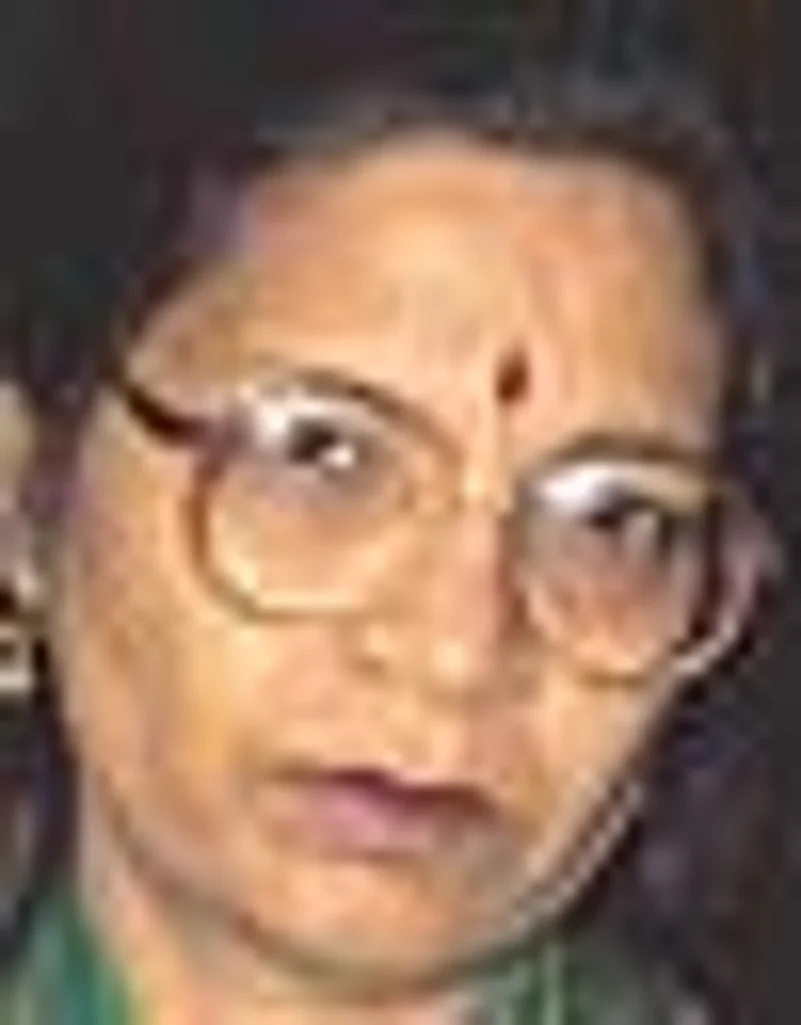
Renuka Chowdhury, Minister
"As long as men live respectfully with partners, they have nothing to fear."

Kamini Jaiswal, Lawyer
"It shouldn't be misused like the dowry prohibition act, used to falsely implicate men."

Flavia Agnes, Activist
"Women have to be aware of their rights first, in all areas outside the public glare."

Colin Gonsalves, Lawyer
"It's heartening to see government taking note of issues that it ignored earlier."
***
Ten years after a concerted campaign was launched to outlaw abuse of women at home and to seek a legal framework to act against the guilty comes the Protection of Women from Domestic Violence Act, 2005. Not only does it cover marriage and, for the first time ever, live-in relationships, it has also widened the ambit of abuse to include sexual, physical, verbal and economic abuse. The act, though it has its share of critics who feel it's open to misuse, has largely been welcomed by activists pushing for a stringent law. The punishment, going by the severity of the crime, ranges from financial compensation to imprisonment.
The act, which came into force on October 26, redefines abuse as not just action or conduct which "causes bodily pain, harm or danger to life but also any conduct that humiliates, degrades or violates the dignity of women". Insults, ridicule, humiliation and name-calling too fall within the category of abuse. The act also introduces economic abuse, whereby depriving a woman of her earnings, including inherited wealth, is also deemed an offence.

Clearly, this 'Diwali gift' from Renuka Chowdhury, minister for women and child development, has come as a shot in the arm of women campaigning against abuse within and outside the four walls of marriage. "Women need protection," says Naseem Khan of NGO ActionAid who, along with the Delhi Commission for Women, organises women panchayats—forums for redressal of grievances. The panchayat gets to hear close to 1,500 cases every year of abuse within households in Delhi—and these are only instances reported to one NGO. Till now, the panchayat could exert only moral pressure on the husband/male companion. With the law in place, activists like Naseem say they also have legal clout.
Lawyers like Kamini Jaiswal are less optimistic as she voices caution on the possible misuse of the act. "It's definitely a big step forward for women in live-in relationships, who weren't even recognised as having rights of their own. But it should not be misused like the act on dowry prohibition where men have been falsely implicated," she says. Brushing aside this apprehension, Chowdhury says: "As long as men learn to live respectfully with their partners, they have nothing to fear from the law," she says.
Lawyer-activist Flavia Agnes, who has fought for victims of domestic violence, thinks the act requires the women to be aware of their rights in the first place. "How many women seek legal help in case of a property dispute?" she asks. "While cases of physical abuse get easily noticed in urban cities, it's important to sensitise women in areas outside the public glare." She thinks the effectiveness of the law will depend on implementation and reach.
How will the law operate on the ground? It requires the complaint, either by the victim or her sympathiser, to be brought to the notice of specially appointed protection officers. These officers, "preferably with three years of experience in social work," will visit the victim's home and investigate. It's their assessment that the magistrate will recognise for any future course of action. They'll also be expected to act as counsellors and offer legal aid to the aggrieved woman. The act envisages the appointment of such officers in every district. And to make sure it percolates down to the village level, Chowdhury is looking forward to networking with the panchayats.
But what if the protection officers are influenced to file a false report, ask the critics. Chowdhury says she will leave the interpretation of the act to district collectors who will monitor the protection officers.
And protection officers in every district? Will the states cooperate? They'll have to allocate a budget first, says Flavia. Even so, there's no guarantee the act will work. After all, as Flavia puts it, "How many police officers bother to register a case of abuse brought to their notice by the victim?" She, however, hopes the act might sensitise officers and judges to victims of abuse.
These niggling doubts apart, most lawyers agree that the act is a positive step. Civil rights lawyer Colin Gonsalves says, "It is heartening to see the government taking note of issues it was immune to earlier. The act actually empowers women to seek an injunction against their abusive companions or husbands for the first time." He dispels fears of possible misuse: "Just because slander and libel occasionally tarred freedom of speech, it doesn't mean you question the relevance of this fundamental right."
BJP'sRavi Shankar Prasad says the act should be welcomed by civil society and given a chance. "Even though live-in relationships are not part of Indian culture, the act has taken into account the harsh realities by according women their rights inside or outside the ambit of marriage," he says. Yes, the act recognises one set of harsh realities. But will it be negated by another set of harsh realities that are as much a part of our fabric?


























